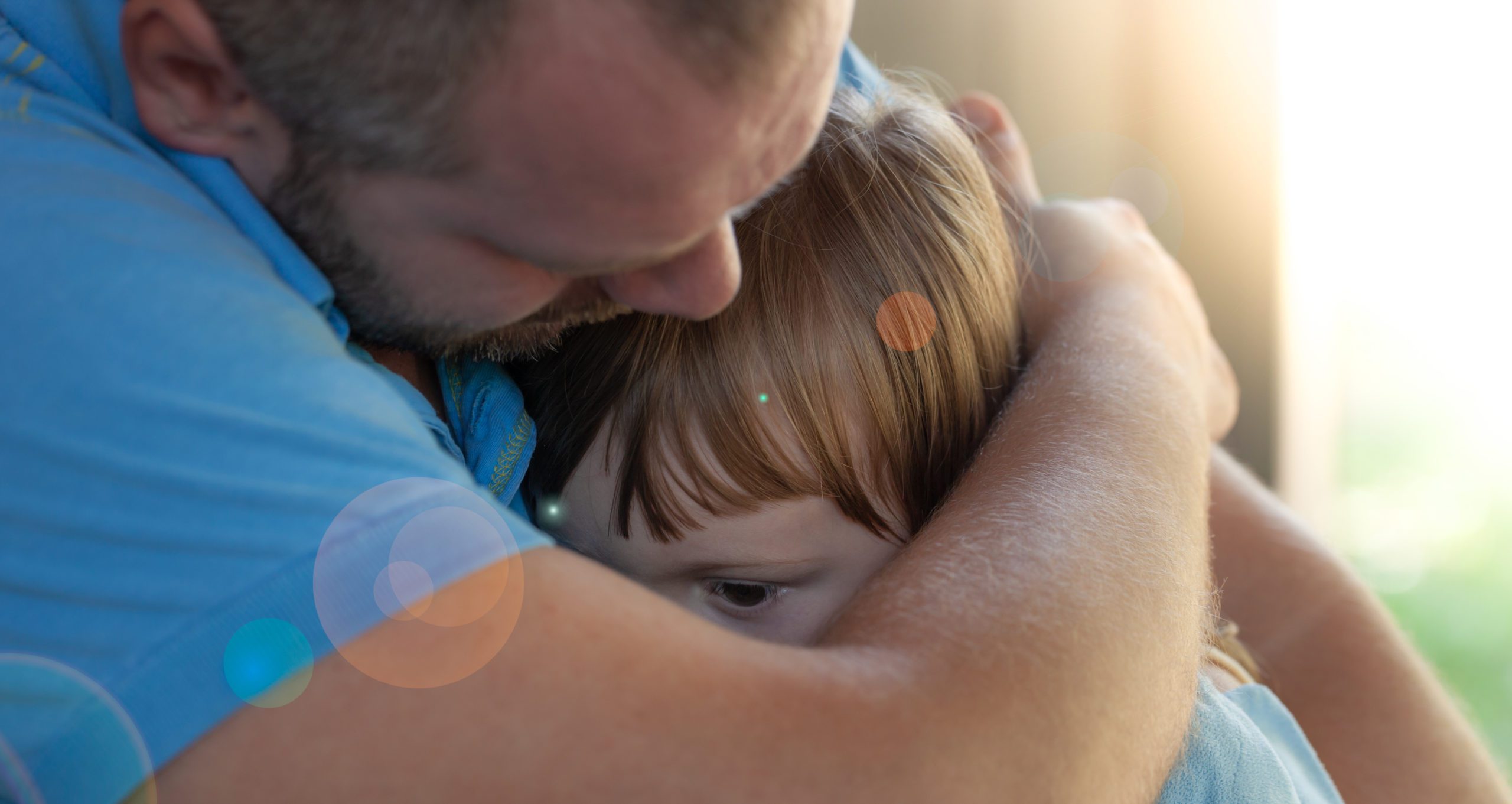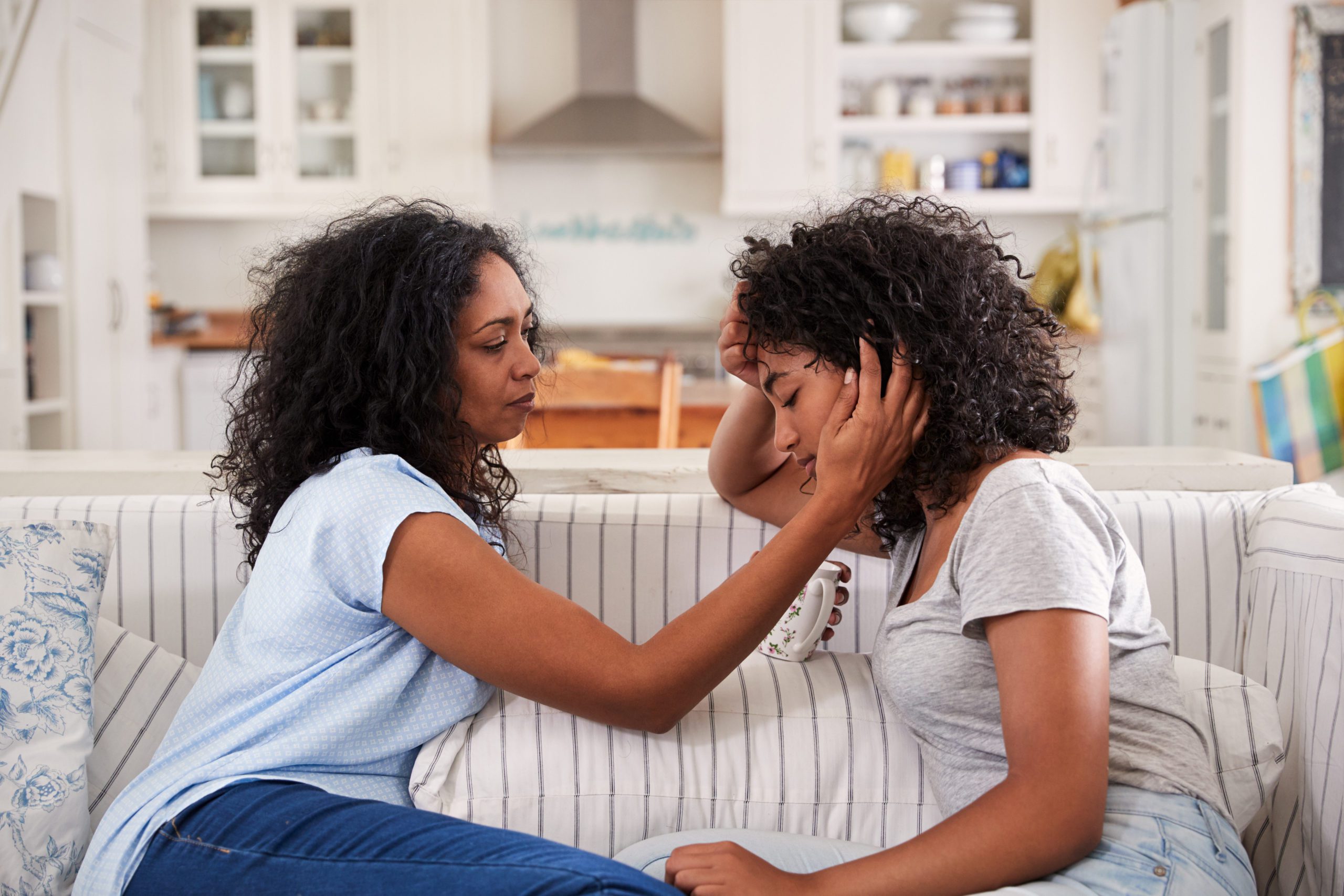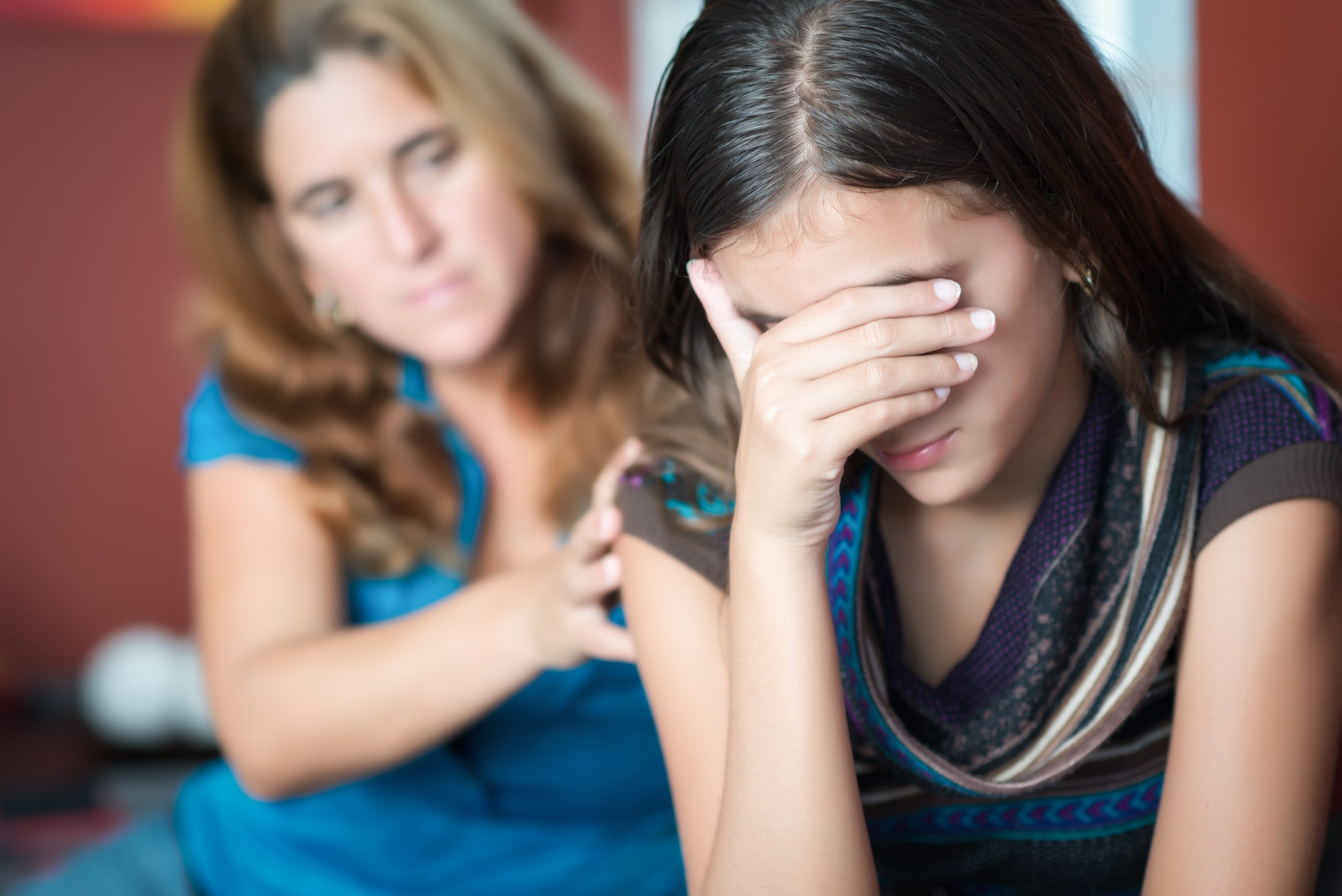Grief can take many forms, depending what age you may be. Imagine the tremendous loss you would feel if your spouse passed away. Now imagine what the experience would be like for your child. The truth of the matter is, kids process these feelings much differently than adults and it is important to understand the nuances.
Recently, The American Academy of Pediatrics (aka The AAP) published a helpful guide for parents of grieving children. Several scenarios are explored, but the most common pertains to a spouse who may have lost their life. It doesn’t matter if it was sudden or following a gradual illness, the pain will still resonate throughout the household. Ultimately, a tricky balance emerges where the surviving loved one must grieve for themselves and also care give.
Though you may not realize it, children tend to have a lot of empathy. Depending on their age, they may shift their concerns toward the surviving parent and the urgency to “take care of their needs.” They may also experience deep anxiety, thinking that whoever’s left may soon pass away as well. In any case, reassurance is critical; as it helps to ease worries about another dramatic event happening in the home.
There is also the difficult hurdle of explaining death to a young child. For them, it is a foreign concept and they will often have a hard time making sense of such a loss. The AAP guide singled this out as a common challenge for parents of grieving children.
“Especially in these difficult moments, your love and support are very important to your children,” the guide explains. “They learn how to deal with their grief by watching what you do to cope. However, if the task of explaining death feels overwhelming to you right now, you may want to have someone else assist you with the discussion. Adults can help children understand death accurately. This involves more than simply giving them the facts. It means helping them grasp some important new concepts.”
It is advised to speak gently, but frankly to children. As easy as it may seem to soften the blow with the hope that a deceased loved one will return, it is important to never pass along misleading information. You can also create artistic or journaling activities to help tell a story and illustrate the changes happening around them.
And setting aside time for professional help is highly recommended. As mentioned above, having a proper support system can make a major difference in how you handle this type of scenario. If an issue like this is impacting your family, please do not be afraid to reach out.





